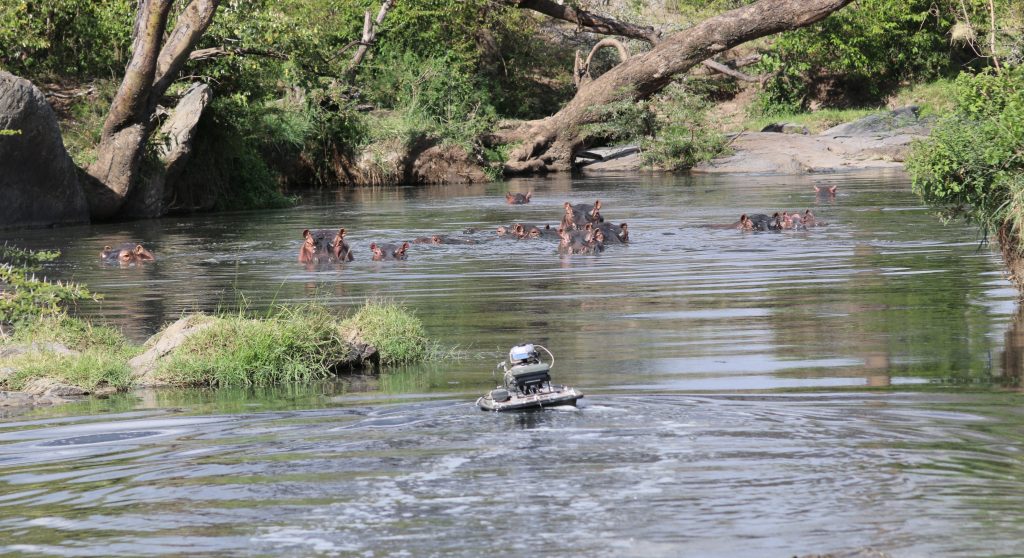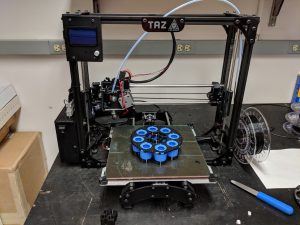Session 1
Research Skills with Arduino and R – 4 credits – PCB4917/ZOO6927

In this skills-based course, our ultimate goal is to learn about low-cost open-source options for conducting lab- or field-based research and then how to share the data and analyses in a fully reproducible manner. We will learn how to build data loggers using a variety of programmable microcontrollers and sensors and how to interface those sensors to the internet for near real-time data collection. We will also learn how to operate a common open-source 3D printer for use in the field or lab.
The course will be split up into two sections. The first section will involve lectures on electronic design and sensors, hands-on programming and electrical engineering exercises, and exercises in reproducible research using the R statistical computing language, Rstudio and Rmarkdown files. The second section will be individual or group projects to actually construct a data logger/sensor of your choosing that you can use in your own research. Skills learned in this course are applicable to any field of study. No prior knowledge necessary.

Instructor: Christopher Dutton | duttonc@ufl.edu
Format:Daily lectures and hands-on exercises, group projects, no exams.
Estimated Costs:~ $210
Class Meeting Time (while at UF): M,F | Period 3 – 4 (9:35 AM – 11:30 AM) and T,R | Period 3 – 5 (9:35 AM – 12:35 PM)
Tentative Class Schedule:
- Week 1
- Introduction to reproducible research
- Introduction to Arduino and R
- Principles of design
- Introduction to electrical circuits, sensors and monitoring technologies
- Hands-on coding exercises and use of Arduino circuits
- Week 2
- Week of Arduino coding exercises with different types of sensors
- Sensor housing considerations
- Week 3
- Exploration of communication technologies for bringing sensor data to the internet
- Formation of groups and designation of research projects
- Week 4
- Guidelines for using R for reproducible research
- Merging Arduino collected data with R for research reproducibility
- Preparing final projects
- Week 5
- Presentations of designs and projects
- Cross reproducibility tests with groups testing the designs of other groups
This course has a limited number of seats- apply toady to ensure your spot! To apply click this link: here!
Applications are due Wednesday, December 4th at 11:59pm.
